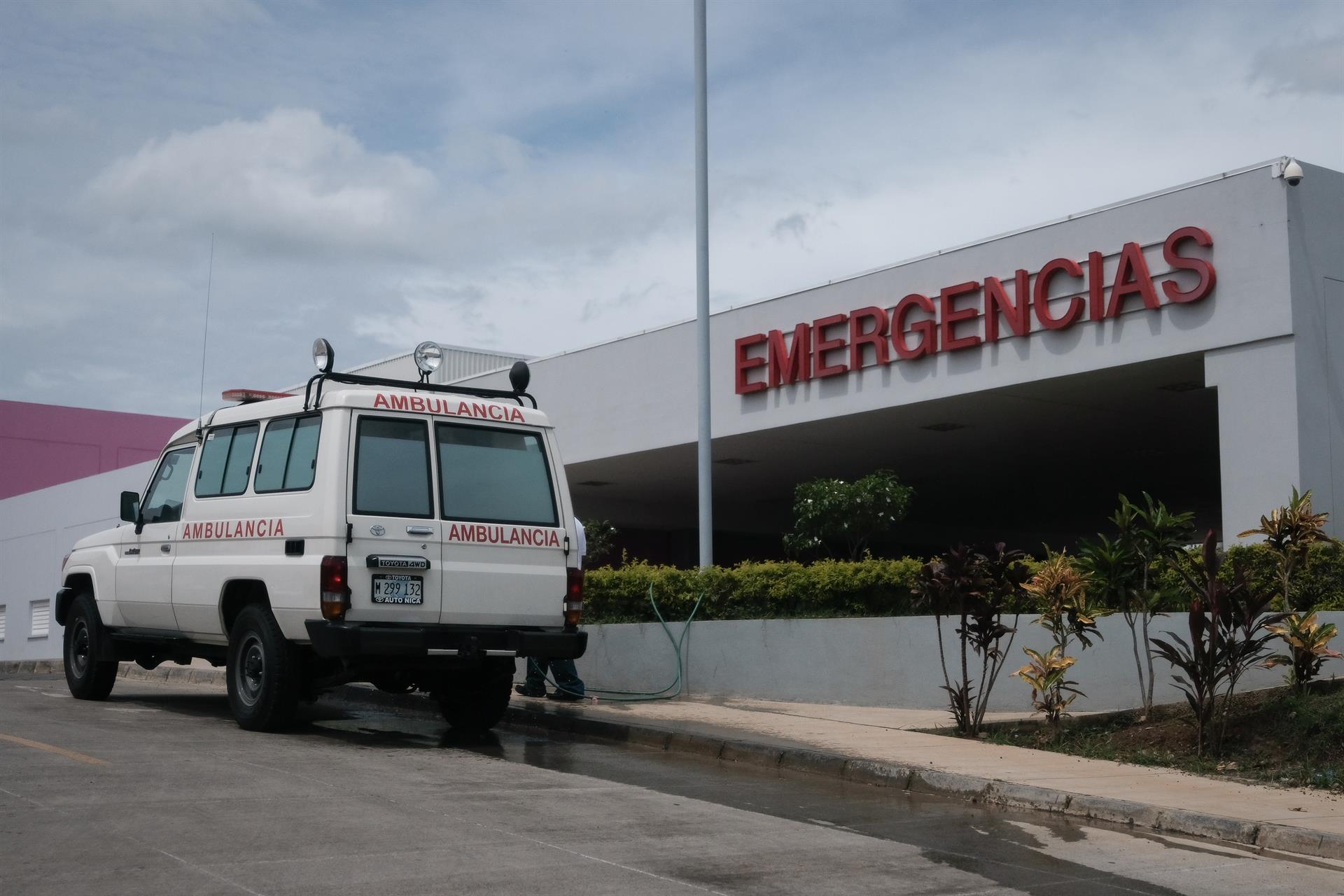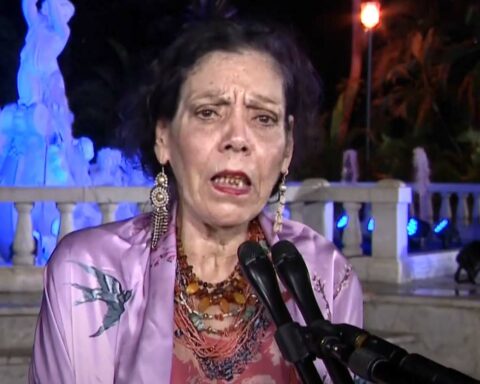Even though Covid-19 is no longer a global emergency, according to the World Health Organization (WHO), the Nicaraguan health authorities reported this Tuesday 12 new cases of Covid-19. Three more infected than in the previous week.
The Ministry of Health (Minsa), of the Daniel Ortega regime, indicated that in the week between May 2 and 9, 2023, they treated “12 Nicaraguans with confirmed Covid-19.” They do not report deaths. Last week there were 9 people who contracted the virus.
The Nicaraguan Health authorities only recognize 15,713 infections since the pandemic was decreed in the country, in March 2020, to date, although data from independent organizations assure that the number of people infected exceeded 32,000.
consulted by Article 66Regarding the reliability of the official data, the epidemiologist Leonel Argüello pointed out that “the best way to answer whether the Minsa data is reliable or not is to specify whether the population is having access to the laboratory test. If there is no access to the tests, we will continue with a large underreporting.”
Related news: WHO lifts maximum alert for the covid-19 pandemic
“The day the population has access to the tests and their results, we will move in the right direction, otherwise it means that (Minsa) continues with an irresponsible attitude and practice,” added the expert.
Since contagion began worldwide, at the end of 2019 to the present, several new variants of the Covid-19 virus have been detected, but the WHO withdrew the global alert on May 5, because it is assumed that it already exists. with the resources to deal with it and a large number of citizens have already been immunized, therefore, the disease should not cause as many deaths as at the beginning of the emergency.
The epidemiologist Arguello, in an opinion letter that he shared with this media outlet, points out that there is currently a subvariant of Ómicron, which is more transmissible and capable of preventing the efficacy of the vaccine, but has shown less severity, for which reason the number of people hospitalized, in intensive care and deceased, has decreased.
However, he warns that, although the WHO has declared the end of the pandemic, “at no time does it mean that the disease is totally eliminated”, but rather that it is incorporated into the prevalent diseases or that remain in the population, such as the flu, the influenza and other respiratory illnesses.
Related news: WHO wants the US to share information about the origin of Covid
According to the specialist, this means that surveillance of the disease must be increased, “because it has been relaxed a lot.”
He recommended that not only sick people should be monitored, but also the changes and behavior of the virus in its contagiousness, severity, and the level of escape from vaccines.
Likewise, the epidemiology expert recommended that the country’s health capacities should be strengthened “and prepare for future events, eliminating the cycles of panic and denial of the emergency,” as occurred in Nicaragua, “which led to 34,000 Nicaraguans to unnecessary death.”








